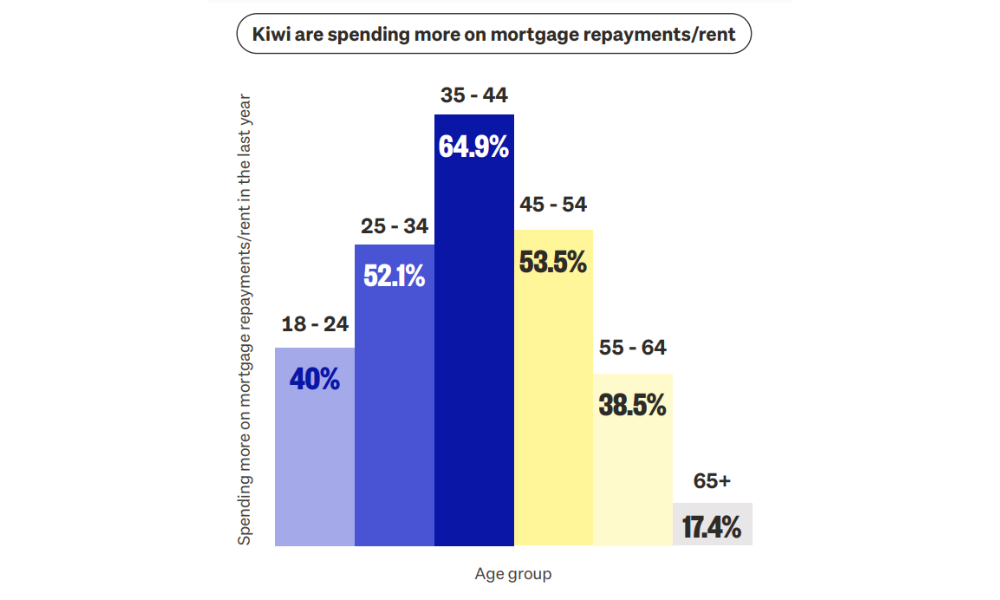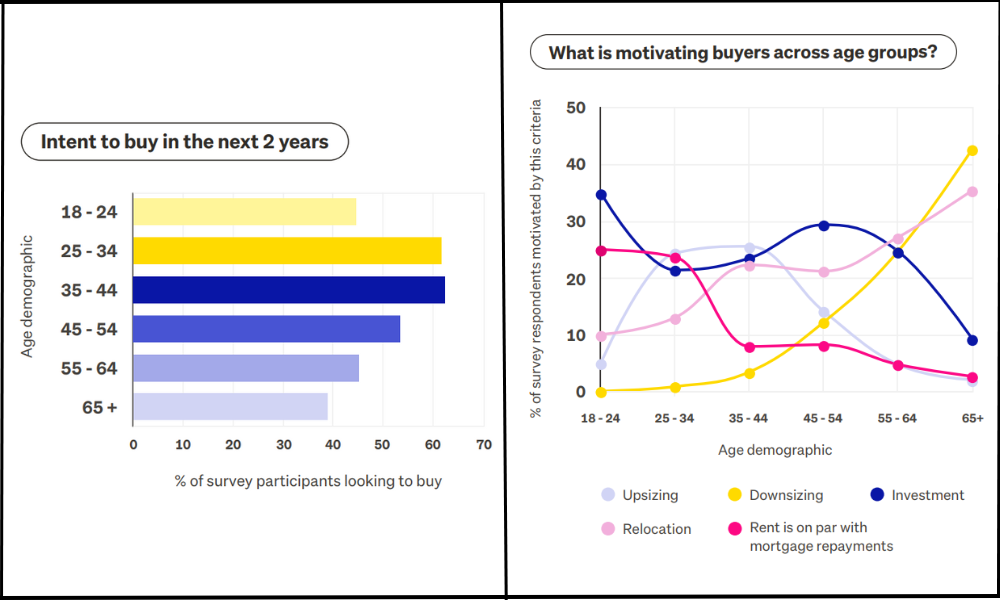New Trade Me Property report reveals shift in buyer and seller behaviours

Trade Me Property’s “State of the Nation 2024” report has delivered an in-depth analysis of the property market in New Zealand, highlighting significant shifts in buyer and seller behaviour, economic influences, and the evolving property market dynamics.
Economic overview and its impact on property
Brad Olsen (pictured above), CEO and principal economist at Infometrics, provided a sobering perspective on New Zealand’s economy.
High interest rates, record-high net migration, and inflation above the Reserve Bank’s target range challenge New Zealanders, with three-quarters reporting a significant impact of the cost of living on their lives.
However, the strongest population growth since 1946 has bolstered the labour market and increased demand in the housing sector, despite putting pressure on rental inflation.
See LinkedIn post here.
Surge in property market confidence
Alan Clark, Trade Me Property’s head of classifieds, emphasised the remarkable growth in market confidence, noting a substantial increase from 14.9% to 64.8% in the belief that housing prices will rise within the next 12 months. This optimism persists despite the challenges posed by the cost of living, underscoring a resilient property market.
Income stretched by rising house costs
Amidst the economic pressures, Kiwis are dedicating more of their income to mortgage repayment or rent, particularly evident among those aged 35 to 44 (64.9%).
Karina Reardon, from mortgages.co.nz, attributed this to longer home stays and delayed market entry, typical of first-home buyers. Many now face steep increases in mortgage interest rates, a change from previously low rates, leading to a notable rise in their monthly financial burden.

Flexibility in buying preferences
The report underscored a significant willingness among buyers to compromise on property size and quality, with 89.1% of respondents open to flexibility. The figure further increases for Gen-Zers, reflective of their increased secondhand shopping habits.
Interestingly, despite a general willingness to compromise on property size, many prioritise having a home office, underscoring the value of remote work flexibility in today's real estate decisions.
Shifting priorities and buyer concerns
Buyer intentions vary by age, with younger demographics viewing their first purchase as a stepping stone, while older groups focus on investment and lifestyle changes like downsizing or relocating.

This shift in priorities is driving a dynamic market, with 23% of homeowners expressing intent to sell within the next year, motivated by life changes such as relocation and the need for space that suits their current life stage.
Sellers’ main concerns include achieving their desired price (68.3%), especially among 25-44-year-olds focused on upsizing. The time to sell worries 37% of these sellers, aiming for quick transactions for their next purchase. Despite growing industry confidence, 34.8% are uncertain about current market conditions, seeking data for reassurance, the Trade Me report showed.
Mortgage trends and market outlook
Marcus Phillips of mortgages.co.nz offered insights into the future of the mortgage market, noting optimism for interest rate declines and technological advancements in mortgage procurement. The report anticipates a steady, though cautious, progression in the property market, supported by strategic financial planning and an understanding of changing consumer behaviours.
Get the hottest and freshest mortgage news delivered right into your inbox. Subscribe now to our FREE daily newsletter.



